How New York’s Child Services system is failing city kids
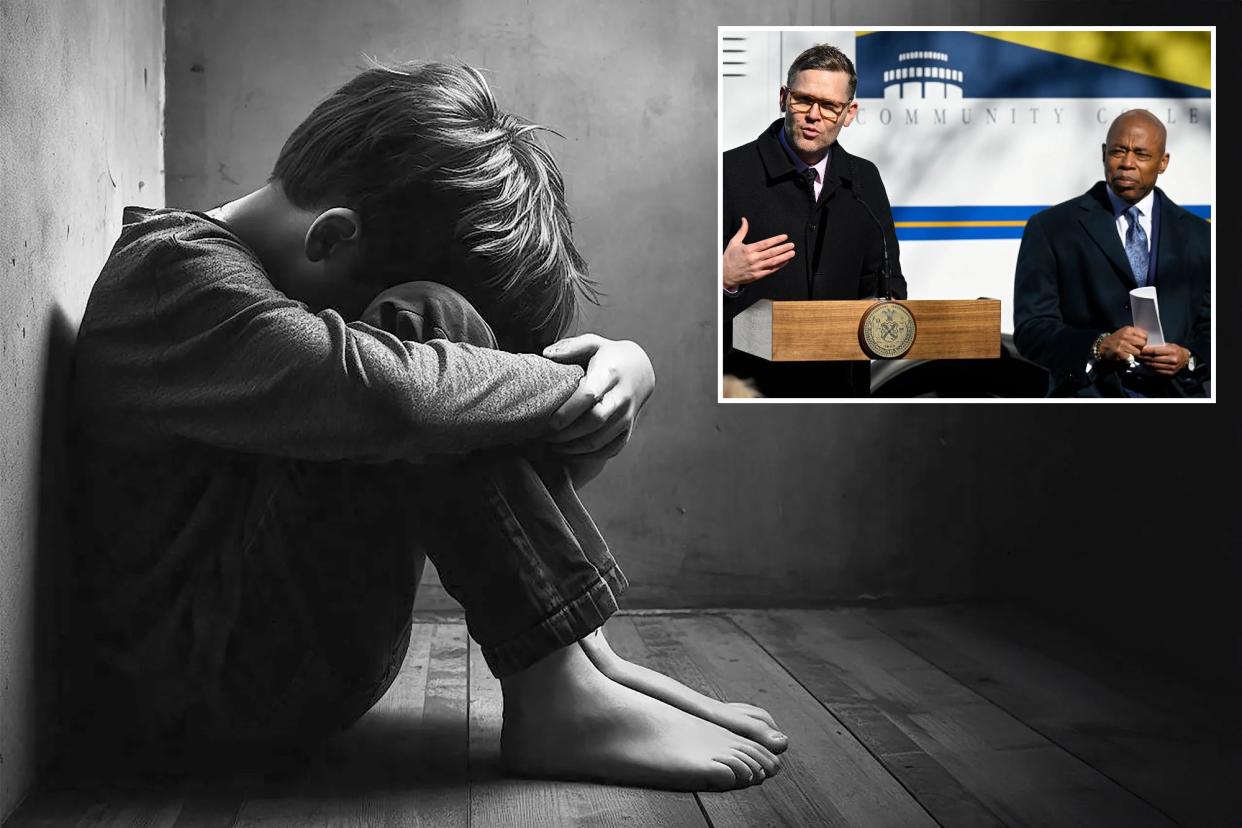
Late last fall, “John Smith,” an employee at New York City’s Administration for Children’s Services whose name is being withheld, made an appointment to see a mother who had been previously reported for inadequately caring for two young children.
Her home was described by another ACS employee as being in “deplorable condition.”
When John rang the bell, however, the mother was not there.
Instead, he found a 3-year-old boy in the hallway, unable to reach the doorknob.
The child was, in John’s description, “shirtless, shoeless” in a diaper that was full “like he had gone swimming in it.”
He was crying and shivering with a bad cough.
John wrapped his coat around the boy, who seemed terrified.
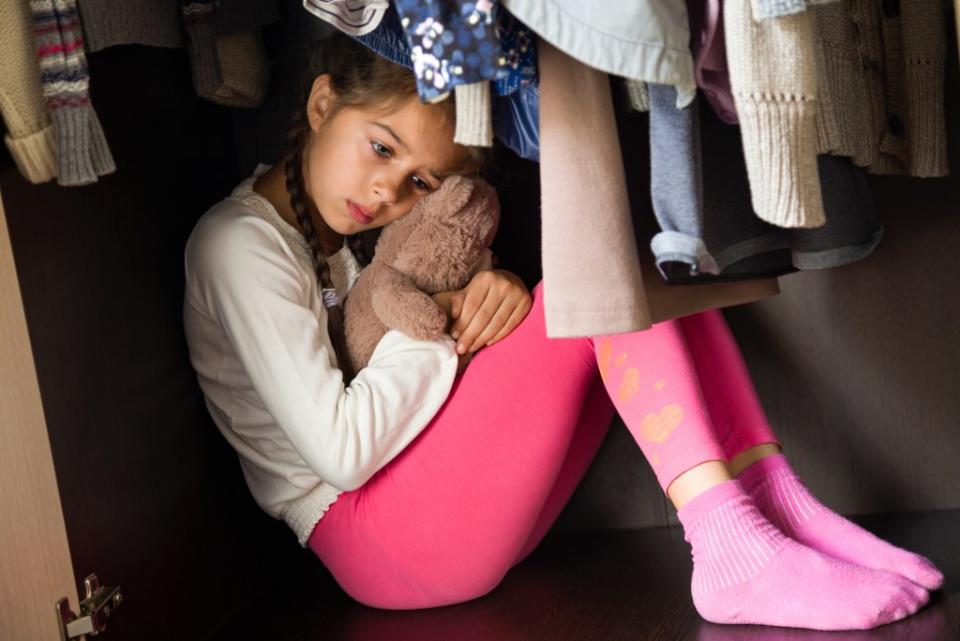
Carrying the boy inside, John found no one home.
It was completely dark, with mice and other vermin scurrying around.
John called his supervisor to say he was going to get an ambulance to have the boy evaluated, but his supervisor told him to wait “to hear the mother’s explanation.”
When she arrived, the boy’s mother explained that she called her brother to watch the child but he was running late.
John did not believe this — the boy had clearly been alone for hours.
Nevertheless, John was not allowed to remove the child.
Instead, an investigation was launched.
The mother was offered “services.”
She refused them.
And nothing changed.
“How has this helped the little boy?” John asks. “He’s still with the mother,” whom John believes is suffering from a drug problem as well as possible mental illness, “and he’s still being abandoned.”
John is middle-aged and has been with ACS less than 10 years.
But since the pandemic began in early 2020 — followed by the racial unrest a few months later — John has observed a significant increase in what he believes is negligence on the part of ACS.
The agency has “drunk the Kool-Aid” of woke politics around race and class and economics.
And New York’s most vulnerable children are paying the price for this recklessness.
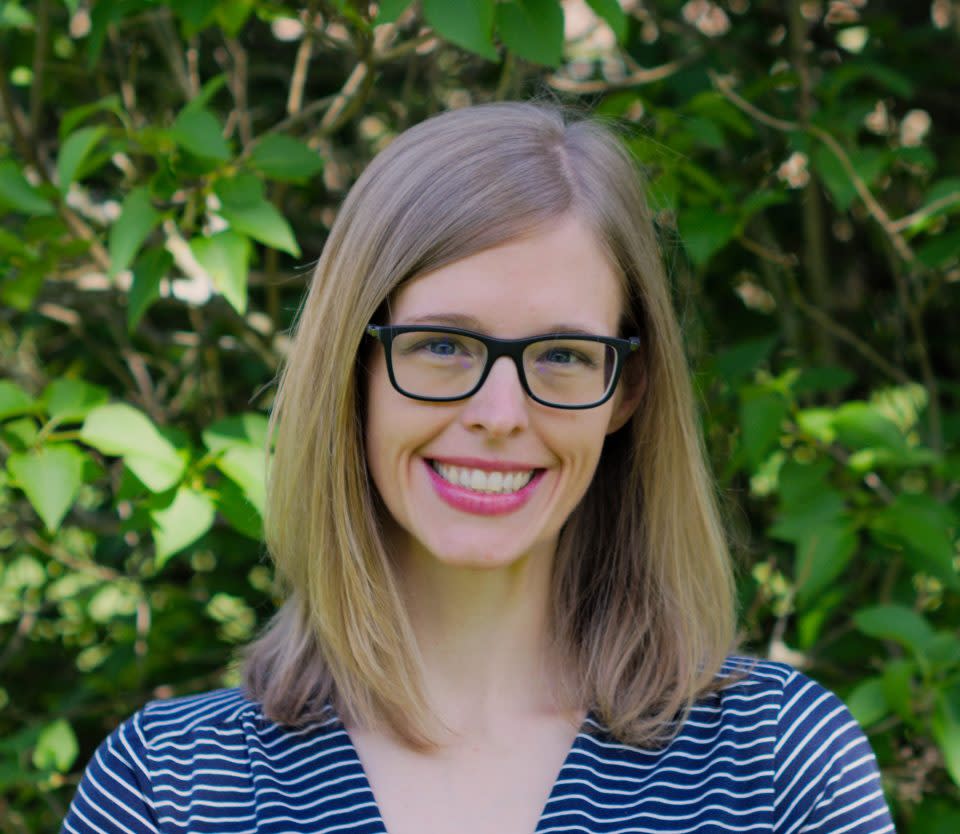
Leaders at ACS, he believes, have adopted several wrongheaded and dangerous ideas that now appear to be guiding agency decisions.
The first is that parental drug addiction is not really a problem for children’s safety.
In 2015, the list of criteria for investigations included both “Caretaker Abuses Drugs or Alcohol and Child under 7” as well as “Caretaker Mentally III/Developmentally Disabled and Child under 7.”
But as of 2019, both factors had been eliminated.
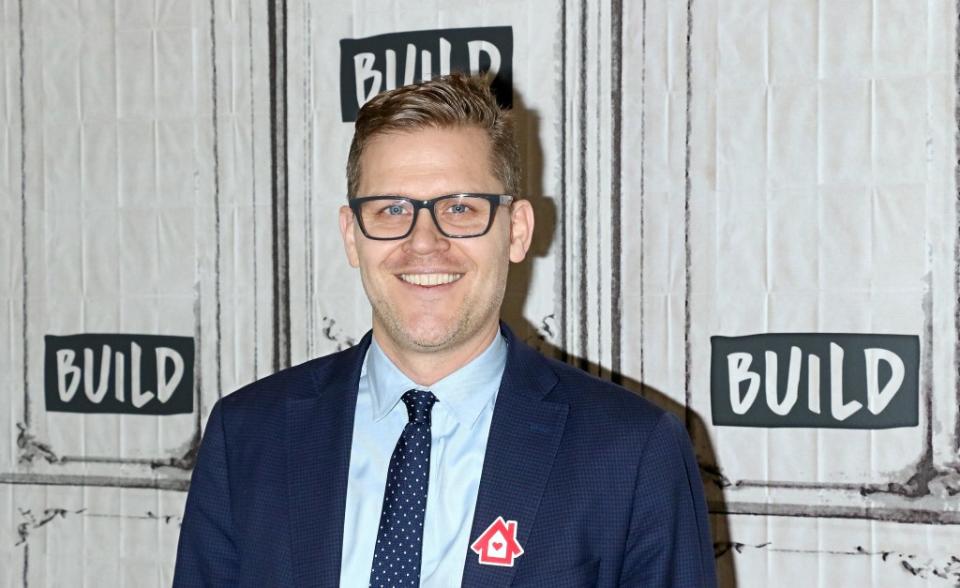
During a recent discussion in John’s office, a supervisor mentioned a mother with an “active crack addiction.”
When John suggested it would be safer to remove the child until the mother could get clean, the supervisor asked, “But what is the actual impact on the child?”
Perhaps the mom might “burn the baby with her crack pipe before we act,” John suggested.
“Even then, I’m not so sure the child would be remanded. Our standards are changing,” he warns, “they’re changing for the worse.” He has said as much to colleagues and supervisors, but to no avail.
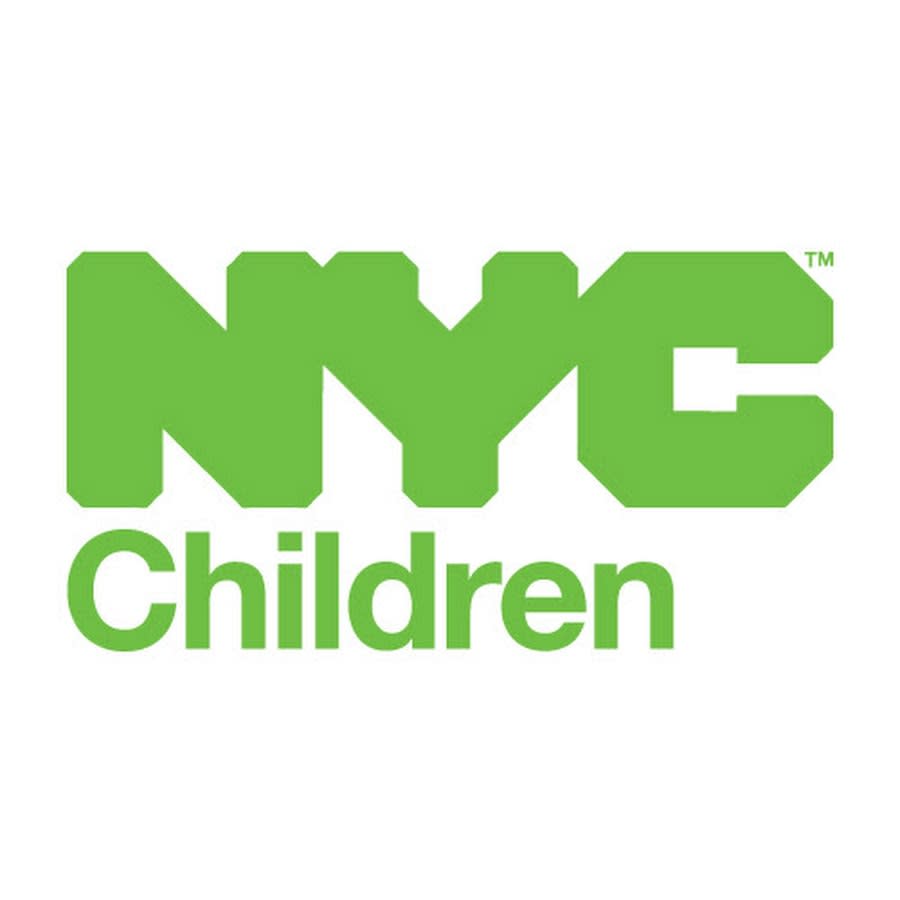
John is not alone in such fears.
Sarah Font, an associate professor of sociology at Penn State whose research focuses on child maltreatment.
“It is alarming that they have removed caregiver substance abuse and drug-related activity from the list of factors that would initiate an investigation,” Font says.
This is a “time when we know that child poisonings, fatalities and other injuries related to parental addiction are on the rise.”
But it is not just substance abuse that has been eliminated from the list.
So has criminal activity in the home.
That, too, apparently doesn’t affect someone’s ability to safely parent a child.
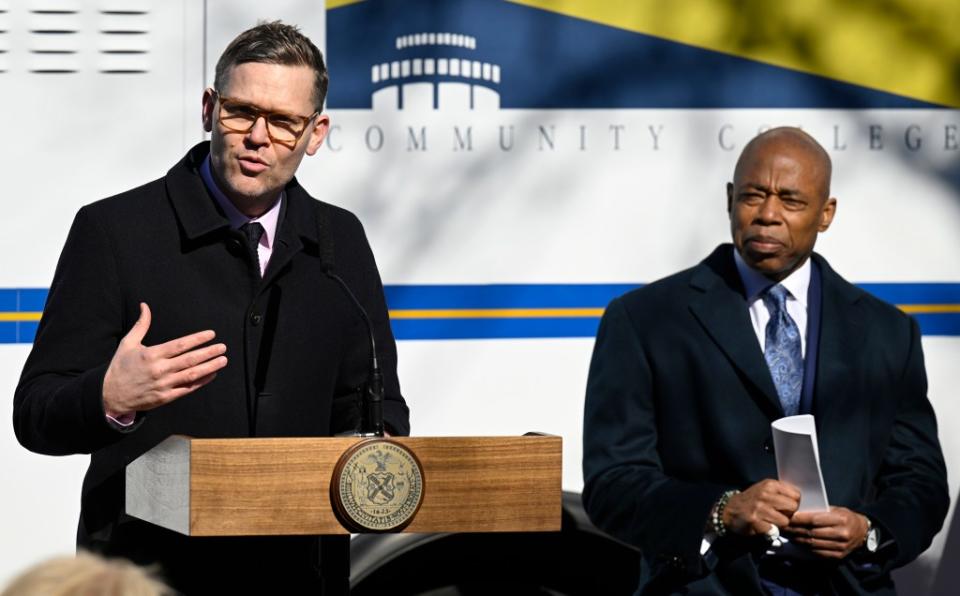
“Who, exactly, is this intended to help, and how does this benefit children,” wonders Rafael Manguel, an expert on urban crime at the Manhattan Institute. “The idea that substance abuse and criminality don’t constitute significant enough risk factors . . . ignores the clear link between exposure to such parental behavior and undesirable life outcomes.”
Across ACS, the agency seems to be adopting a “hear no evil” approach to child welfare.
Last month, for instance, caseworkers were told they need to get parents’ permission before accessing school records.
Chronic absence from school is often a sign that there is something going wrong in a home.
Such policy shifts, suggest Smith, adhere to Commissioner Jess Dannhauser decision to retrain agency reporters to do less actual reporting.
“We have to fundamentally reorient our system to be about a much narrower set of young people who are really in danger,” Dannhauser said at a hearing in Albany. Smith finds this approach “lunatic.” “Our reporters as a group of people depend on ACS to be the tough guy.”
Dannhauser says his department is doing all it can to address the needs of New York City’s kids.
“We take our mission to keep children safe and support families very seriously,” he said in response to allegations raised by the Post. “We are opening new pathways to access preventive support without a call to the State Central Register when someone sees a family in need and does not suspect the children are being maltreated. This helps families get help right away without the stressors of an investigation. It also helps our CPS teams focus more on instances when … someone believes a child may be in danger.”
But Smith says this is not enough; there has also been a change in attitude among ACS supervisors.
Smith notes that a home with “deplorable conditions” is “taken less seriously” than it previously was.
He often hears questions like “Well, what really is a messy home?”
But these homes are far beyond unclean, says John, noting the story of the three-year-old boy suggests.
In addition to the vermin, he says, “The children are eating off the floor. It’s a horror show.”
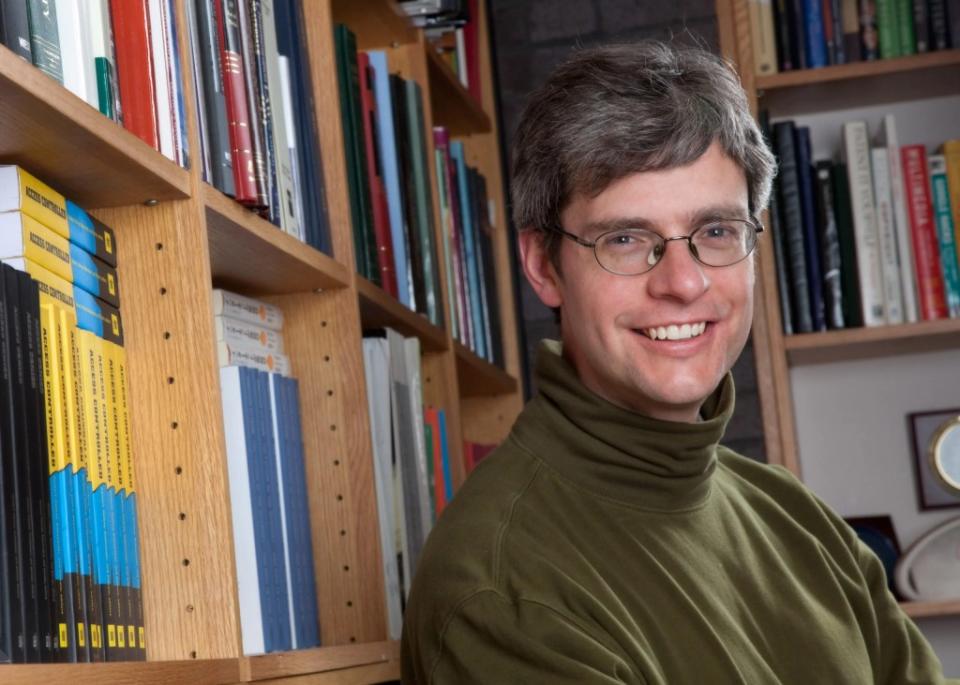
Such horrors these days such are increasingly attributed to poverty — rather than mental illness or substance abuse — with the idea that giving parents more financial assistance is going to fix the problem.
In an interview with Time Magazine, Dorothy Roberts, a law professor at the University of Pennsylvania explained that the child welfare “system has been used historically and today to blame parents for hardships to their children that are caused by poverty and other kinds of structural inequities.”
Such thinking is behind new strategies, such as a pilot program launched this month from Harvard Law School’s Access to Justice Lab.
The scheme provides $500 a month to mothers in Washington, DC accused of neglect to see if it can help them to avoid having their kids removed from their homes.
The goal, says lab director Jim Greiner, is to “look at what happens when you take steps to alleviate poverty.”
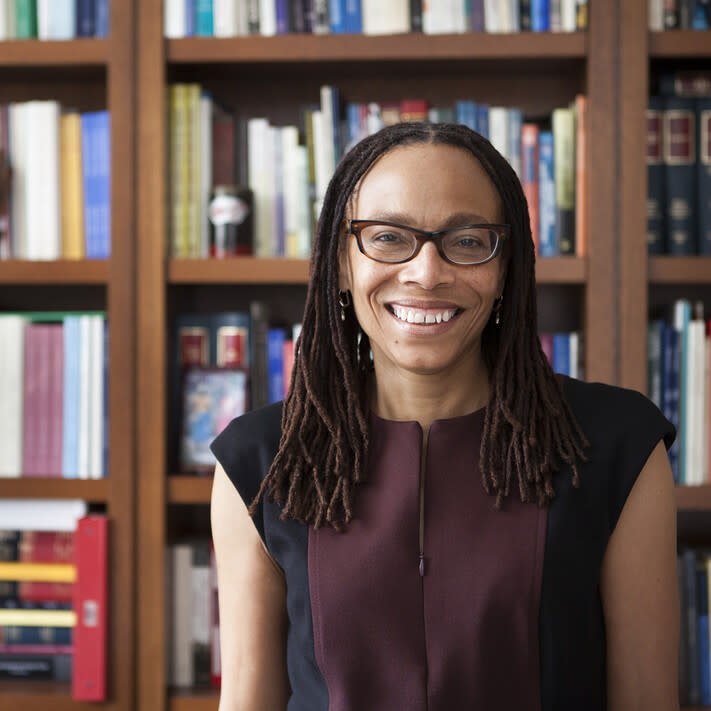
But Smith disagrees. “The reason we’re coming is because of neglect, maltreatment, abuse . . . Not poverty,” he says. “This is the Kool-Aid that I’m talking about.”
Despite the fact that workers are under-investigating — if not told to leave children in dangerous environments — advocates claim that ACS is unnecessarily intruding in the lives of families.
Earlier this year, several parents and advocacy organizations filed a class-action lawsuit against ACS for what a press release refers to as the “Widespread Practice of Searching Homes and Children’s Bodies Without Court Approval or Emergency Circumstances Traumatizes Families and Children.”
Smith does not believe that his colleagues are “strip searching” children as the lawsuit alleges.
Indeed, one reason that he wanted to speak out is that parents can claim whatever they want to the media — while ACS employees are barred from speaking publicly about specific allegations.
The lawsuit is demanding that ACS now secure a search warrant before entering a house.
Not doing so, they argue, is unconstitutional.
The shift in child welfare in recent years has been toward working with parents as opposed to treating them like criminal suspects — even if they actually are suspected of wrongdoing.
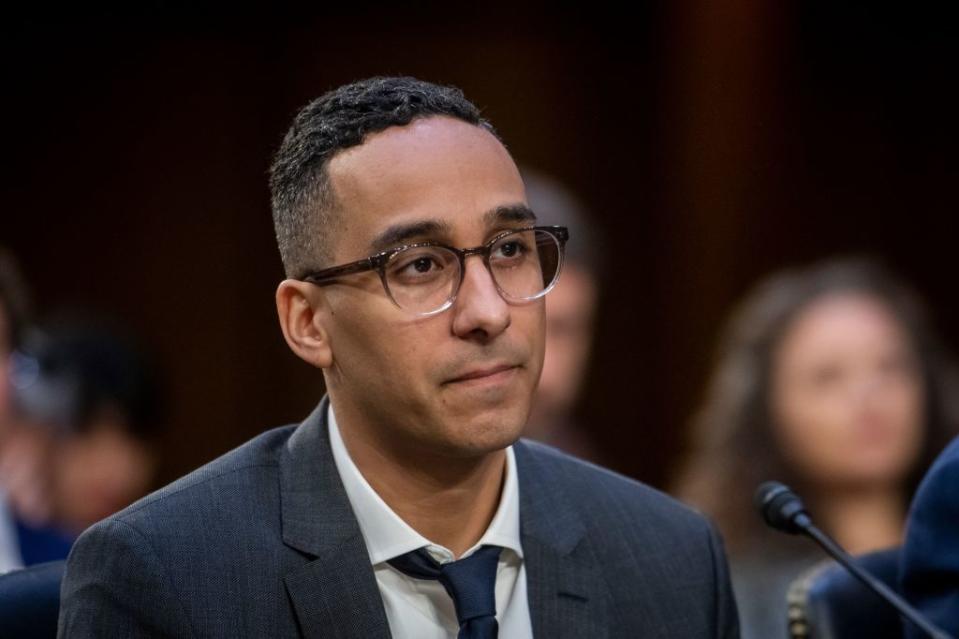
ACS’s strategy has been to divert more and more cases into the CARES program (Collaborative Assessment, Response, Engagement & Support), which “encourage[s] families to develop their own solutions to their challenges, and identify supportive resources to help care for and protect their children” rather than launch official investigations.
Dannhauser proudly announced earlier this year that the agency had doubled the percentage of its cases that were CARES and plans to increase it further.
But once you start telling parents they don’t have to let ACS workers into their homes, the relationship becomes adversarial and an official investigation has to be launched in order to get a warrant.
“You can’t have it both ways,” Smith explains.
The past few years have seen Smith become increasingly convinced that the people making policy at ACS don’t have any understanding of what front-line workers are actually seeing.
Much of this misunderstanding, Smith contends, stems from the “quasi-academic” idea that the child welfare system is structurally racist.
Smith, who’s not African-American, recognizes that black families are over-represented in the system compared to their percentage of the population.
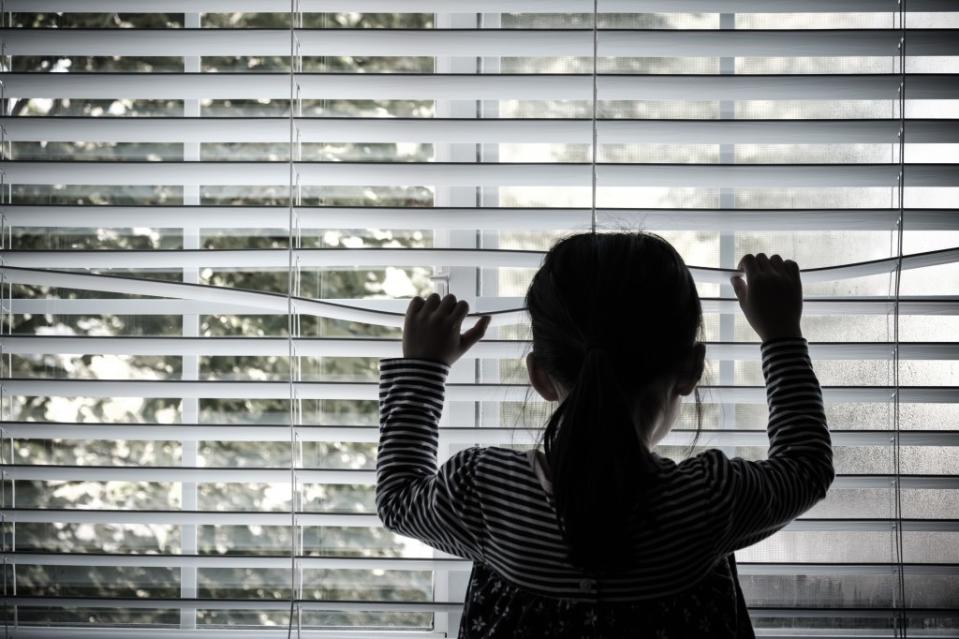
But he wonders, “if a black woman at school calls ACS on a black mother and a black CPS worker shows up and is rude to her. I have a hard time pinpointing where the racism is.”
A similar claim has been made about policing, where it is often black families who want more law enforcement presence in their neighborhoods.
But white progressives can’t abide this.
Manguel explains that “like the movement to depolice and decarcerate, efforts to dismantle and defang the child welfare system is one built on an unfortunate willingness to subordinate the safety of our most vulnerable populations to the passions of activists.”
Smith tells me it’s time to use some common sense in our child welfare decisions.
“Let’s look at this not through some toxic academic lens. Let’s look at this through the lens of the child.”

